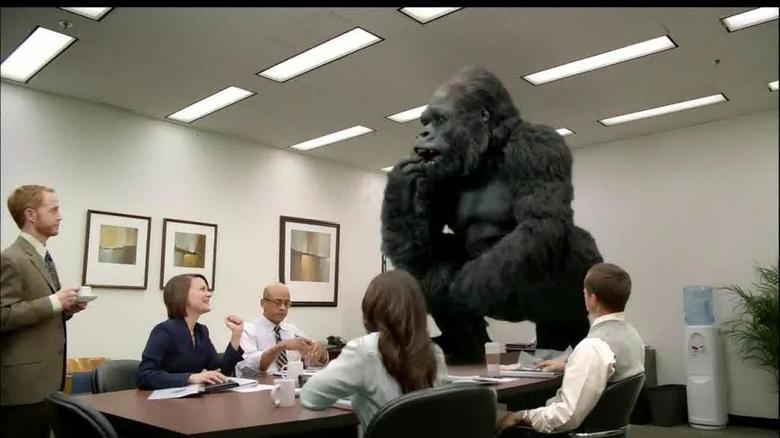
SAUDI: GORILLA IN THE ROOM

Another horrendous year is drawing to a close in the oil patch. After starting out with hopes of a rebound, 2015 will instead punctuate the worst two years ever suffered by U.S. crude producers.
West Texas Intermediate futures are heading for their biggest-ever two-year drop, while the Standard & Poor's Energy Sector Index is set to mark its first consecutive decline since 2002. Futures and equities will post December decreases, signaling more discomfort as 2016 starts.
Oil has tumbled since Saudi Arabia led the Organization of Petroleum Exporting Countries in November 2014 in deciding to maintain output and defend market share against higher-cost producers, generating a record supply glut. Record output this year from Saudi Arabia, Russia and Iraq has boosted global stockpiles to an all-time high, the International Energy Agency said on Dec. 11.
"The 800-lb. gorilla in the room, and by that I mean Saudi Arabia, showed it's power," said John Kilduff, a partner at Again Capital LLC, a New York-based hedge fund that focuses on energy. "They are on a mission to squeeze out the high-priced producers and aren't done yet. Things could get very ugly in the second and third quarters for countries like Venezuela and Nigeria and for U.S. exploration companies."
The North American shale and oil-sands plays have been bludgeoned by OPEC's policy change. Chesapeake Energy Crop., CONSOL Energy Inc. and Southwestern Energy Co. are the three worst-performing shares of the S&P 500 this year, all losing in excess of 75 percent of value.
WTI tumbled 46 percent in 2014, the biggest drop since the recession in 2008. Futures, which are down 31 percent this year, traded at $36.95 a barrel at 8:56 a.m. on the New York Mercantile Exchange. The S&P Energy Index slipped 10 percent in 2015 and is down 23 percent this year.
"Oil is probably the market with the biggest reputation for going from boom to bust," said Tim Evans, an energy analyst at Citi Futures Perspective in New York. "It's pretty clear that we've seen substantial bust. The temptation has to be that a boom is around the corner but that big idea isn't necessarily a guide to market timing."
-----
More:

